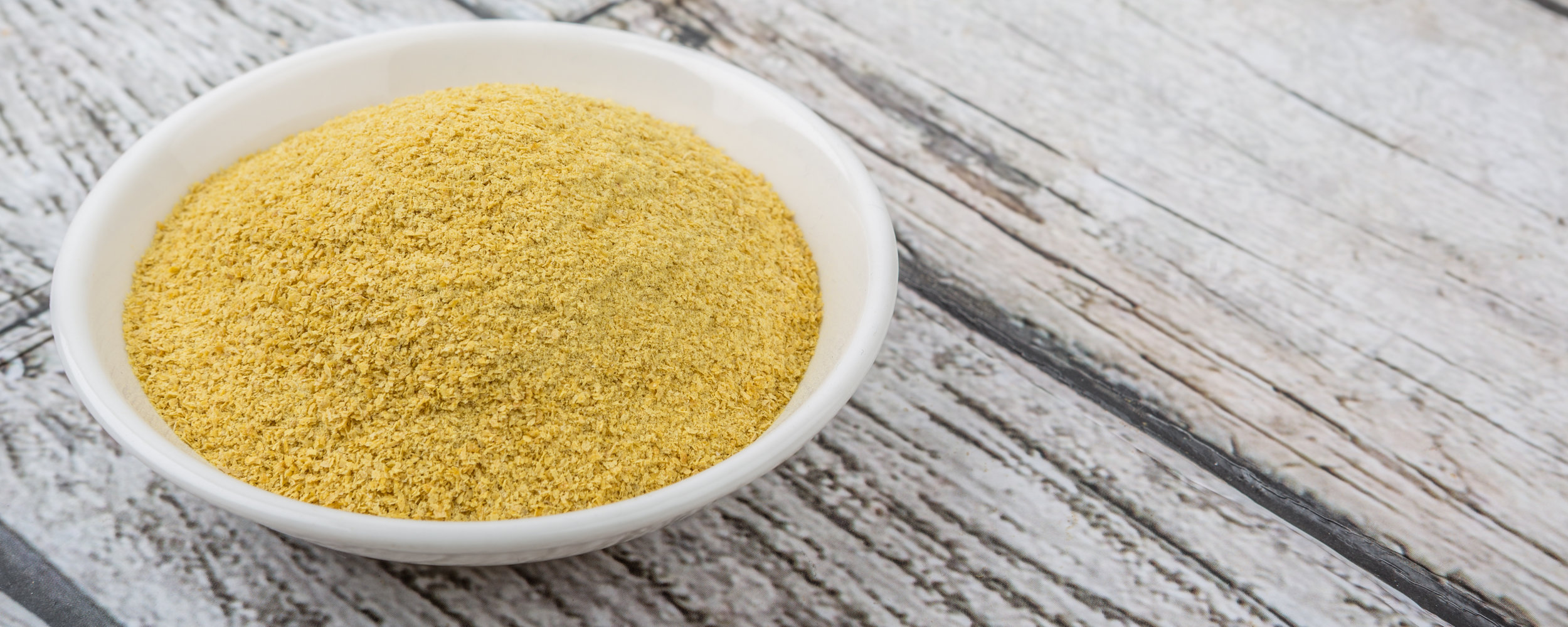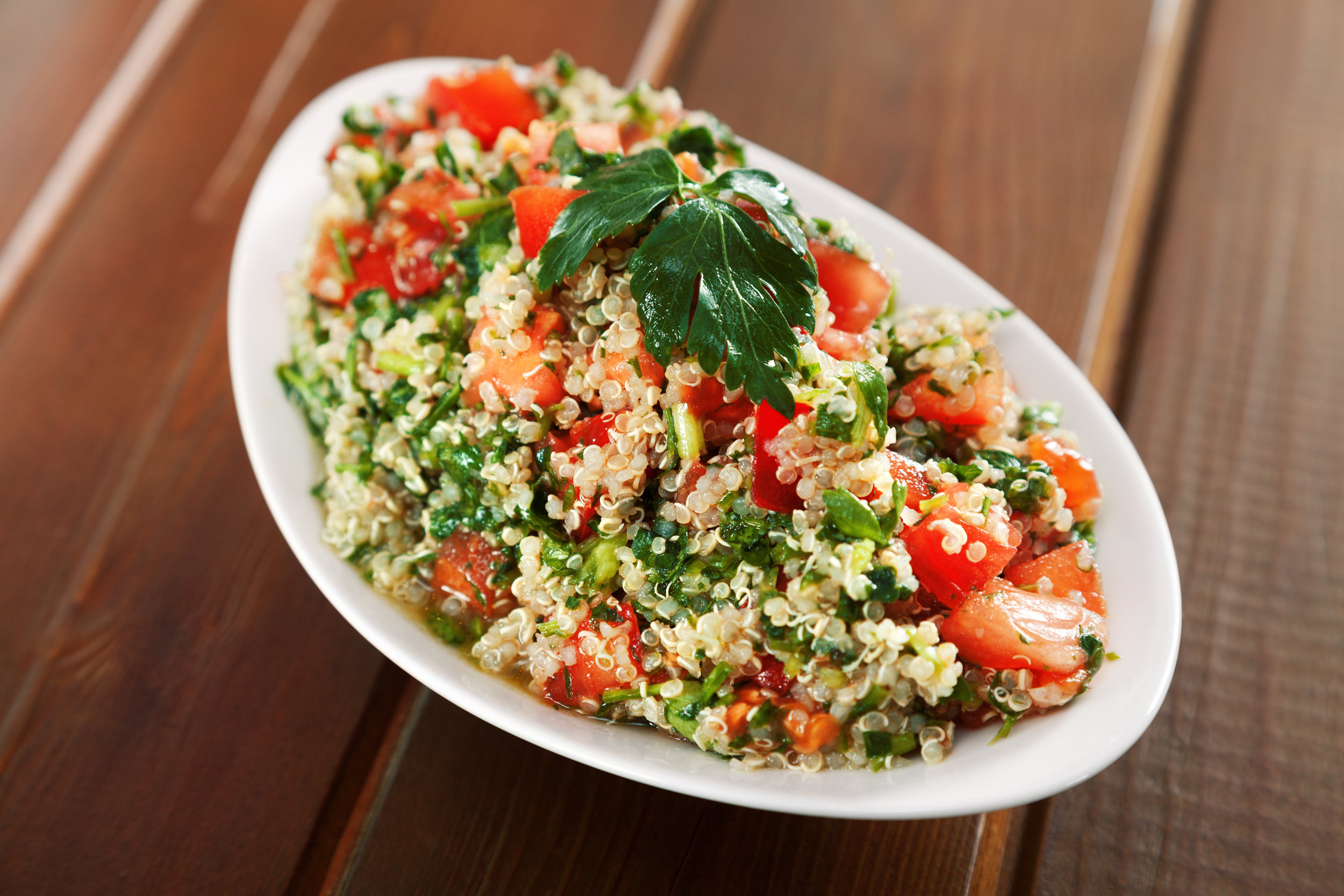6 Protein-Rich Vegan Foods For Muscle Building
/By Demmy James
A healthy and active lifestyle requires you to meet your body’s needs. Eating foods that are high in protein is a good way to achieve this healthy balance. However, not everyone has access to the same range of foods.
Vegetarians and vegans, for instance, struggle to intake enough protein, thanks to an absence of meat in their diet. If you’re struggling to get your protein requirements, these meat-free options should help you achieve your goals and improve your body much more effectively.
1. Nutritional Yeast
If you aren’t already familiar with nutritional yeast, then you’ve been missing a fantastic, plant-based protein source.
Harvested from molasses, nutritional yeast can best be described as having a form similar to parmesan cheese, with a texture to match. Yet, this yeast has plenty of protein, with 14 grams per ounce of nutritional yeast.
Because of its cheese-like texture, it can easily be added to various dishes to add flavour and a thicker consistency. However, you should be careful with which variant you purchase, as there are actually two different types of nutritional yeast.
2. Brewer’s Yeast
As the name implies, this yeast comes from breweries. Specifically, it comes from the hops and it has been a by-product of the beer production process for as long as the brewing process itself has existed.
Brewer’s yeast can be used for human consumption, can be given to pets and even used to improve other food products.
3. Buckwheat
A handy alternative to rice, buckwheat is derived from fruit seeds. It is very useful for people with gluten intolerances, making it a suitable, healthy alternative.
As far as any additional health benefits go, there is some research that suggests eating 4 ounces of buckwheat a day can help improve your LDL (High Density Lipoprotein) to HDL (Low Density Lipoprotein) ratio, offering lower serum cholesterol levels.
4. Quinoa
Quinoa - which is actually a species of goosefoot grain - has delicious seeds that are safe to eat and come packed with a full amino acid profile.
With 24 grams of protein per cup (when uncooked), there is a lot of power in this humble grain. It also offers high levels of magnesium, manganese and copper, for additional benefits.
Quinoa can be cooked into a delicious snack in just 15 minutes. Furthermore, quinoa has around twice as much fibre compared to other grains. So, if you enjoy eating grains with a rich nutty flavour, or simply want a grain that is packed with benefits, then quinoa is worth trying.
5. Beans
For vegetarians, few food sources are as beneficial as beans. With high proteins and antioxidants, as well as generous amounts of minerals, fibres and vitamins, it’s easy to see why.
When you add in the low cost of beans as a food source, you have an easy go-to solution for many of your body’s requirements. Most lentils and beans will have anything from 8 grams to 22 grams per cup.
If that wasn’t enough, studies have shown a link between bean consumption and a lower risk of various forms of cancer, as well cardiovascular diseases and type 2 diabetes.
Just make sure to soak the beans before you start cooking, as this releases the counter-product enzyme inhibitors.
6. Plant Based Protein Powders
Today, there are all sorts of various isolate powders, derived from the likes of wheat, rice, soy and hemp plants.
These can all be used to fill any holes in your amino acid intake that you might have from other nutritional sources. There are a few protein powders such as whey protein or casein protein that provide all of your essential amino acids, too.
Because of this variety, you should do some research before making a careful decision about which supplement is right for you. Overall, isolates can be easily consumed and digested, which is great for anyone struggling to fit protein into their diet or regime.
However, isolates are also acidic and, over long periods of regular use, they can damage the body in a number of ways.
When it comes to fitness and nutrition, there is no one catch-all answer. As far as food is concerned, you don’t need to eat meat to get the right amounts of essential protein. With a little research, you can easily acquire your daily minimums and still choose the food you appreciate.
Demmy James is a fitness buff, strength and conditioning specialist and content contributor with Muscle & Strength. He is constantly looking to inspire and motivate others towards achieving their own health and fitness goals through his writings.
















